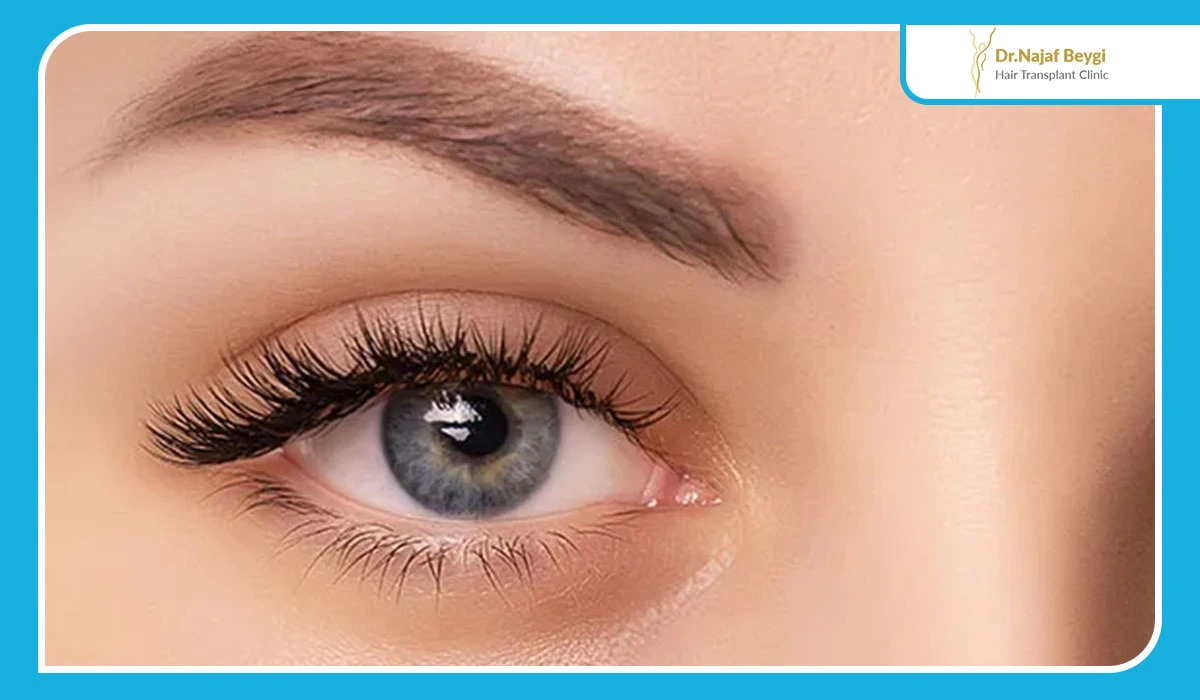Why Sunscreen Is Non-Negotiable Post-Transplant
페이지 정보
작성자 Lanny Enoch 댓글 0건 조회 2회 작성일 25-10-09 09:01본문
After an organ transplant, your system is far more sensitive to the damaging effects of sunlight. The anti-rejection medications prescribed to you further amplify your UV vulnerability to ultraviolet radiation. This critical vulnerability elevates your chances of severe sunburn, leads to premature aging and cellular harm, and can trigger life-threatening dermatological conditions. This makes sunscreen far more than a summer accessory, it’s a cornerstone of your post-transplant health strategy.
Sunscreen acts as your first line of defense by neutralizing harmful UVA and UVB rays. UVA rays penetrate deeply into the dermis, کاشت ابرو در تهران accelerating photoaging and collagen breakdown. UVB radiation is the main culprit behind burning, and plays a decisive role in carcinogenesis. Every type of ultraviolet exposure are especially perilous for transplant recipients, whose bodies struggle to mend UV-induced DNA damage.
Always choose a full-spectrum sunscreen with a minimum SPF of 30. Look for products labeled "hypoallergenic" and "fragrance-free" to reduce the risk of allergic reactions. Cover all exposed areas thoroughly to any part of your body facing the sun at least 15 minutes before heading outdoors, and refresh your application every 120 minutes—especially after water exposure or heavy perspiration. Never overlook prone-to-miss areas like the ears, back of the neck, lips, and tops of the feet.
The best protection comes from layering other protective habits. Stay out of direct sun when the sun is strongest. Cover your head with a sun-protective hat, lenses certified to block UVA and UVB, and upgraded sun-protective fabrics. Even on overcast days, a majority of ultraviolet radiation continue to damage your skin, this means no exceptions, even in winter—not just during summer months.
Routine skin self-exams are equally critical. Track changes in your skin’s texture and color, and notify your care team without delay—abnormal growths. Early identification of skin cancer can dramatically improve survival rates.
Your medical providers likely emphasized the importance of preventing communicable diseases and taking pills on time without fail. Never overlook, because sunscreen is more than a lotion. Treat it like a prescribed treatment—one that safeguards your transplant’s longevity. By making sun protection a daily habit, you’re securing a healthier, longer life after transplant.

댓글목록
등록된 댓글이 없습니다.





 전체상품검색
전체상품검색




